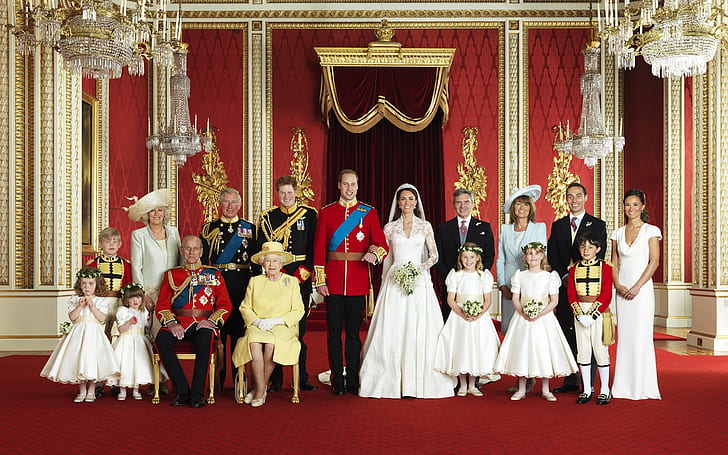
FAQ About Royal Family
Does the Royal Family pay taxes?
Yes, members of the British Royal Family do pay taxes. However, the tax obligations of the royal family members vary depending on their specific circumstances and sources of income.
Queen Elizabeth II voluntarily began paying income tax in 1992, following the public's increased scrutiny of the monarchy's finances. Since then, the Queen has been subject to income tax on her private income, which includes the income she receives from the Duchy of Lancaster, a private estate that provides her with financial support. The Queen also pays capital gains tax and inheritance tax on her personal assets.
Other members of the royal family, such as Prince Charles and his sons Prince William and Prince Harry, also contribute to taxes on their private income and assets.
However, it is important to note that some of the royal family's official duties and expenses are funded by the Sovereign Grant, which is a portion of the revenue generated by the Crown Estate. The Sovereign Grant covers the official expenses of the monarch, such as staff salaries, travel, and the maintenance of royal residences. These official expenses are subject to review and scrutiny by the government and the public.
In recent years, there have been discussions and debates about the funding of the royal family and the transparency of their finances. Efforts have been made to increase transparency and ensure that taxpayers' funds allocated to the monarchy are used responsibly and efficiently.
Overall, while the royal family members do pay taxes on their private income and assets, their official duties and expenses are supported by the Sovereign Grant, which is funded by revenue generated by the Crown Estate.
